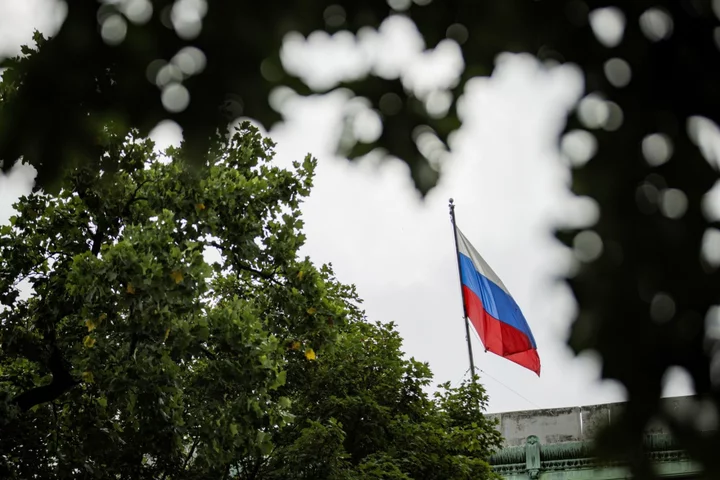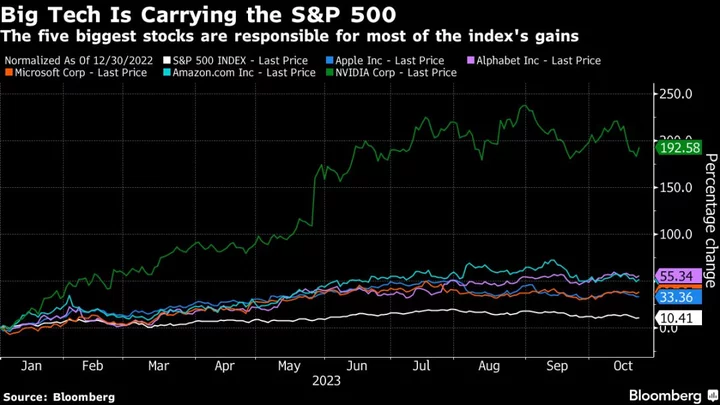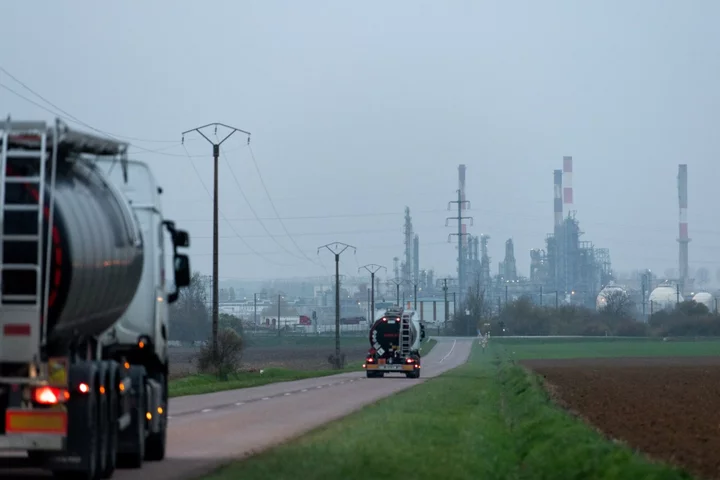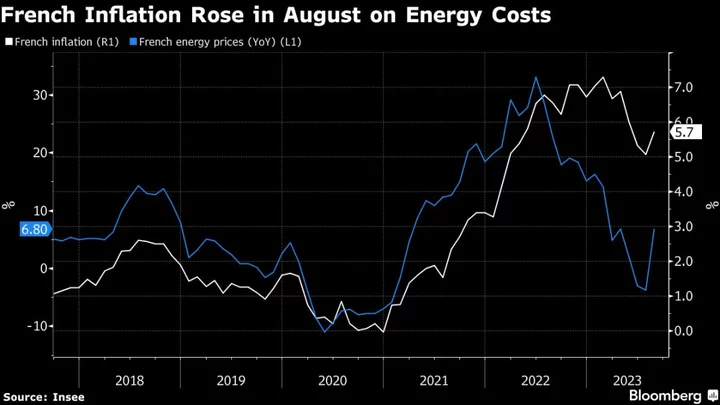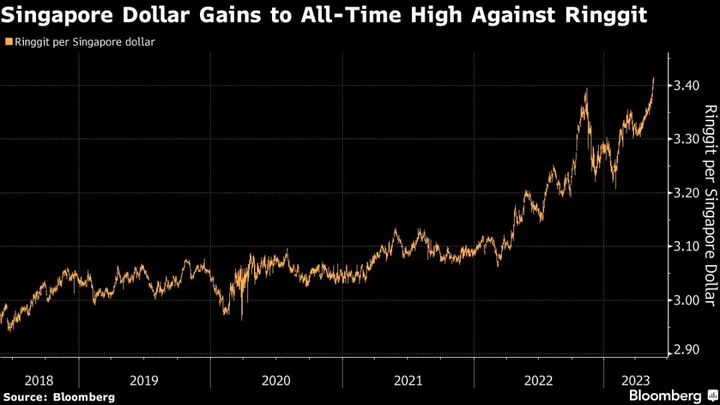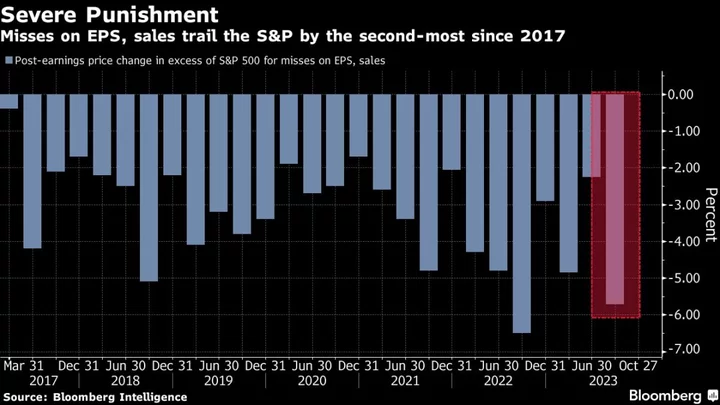Russia has seized the local assets of yogurt maker Danone and brewer Carlsberg A/S after its invasion of Ukraine last year prompted the companies to say they would divest their Russian businesses.
Multinationals with large businesses in Russia have been running a delicate balancing act: keep an increasingly hostile Kremlin from impeding their operations while telling western customers and investors that they are only selling essential products there or trying to divest.
1. Why is the Kremlin seizing western assets?
President Vladimir Putin signed a decree in April allowing for “temporary” state control over the assets of companies or individuals from “unfriendly” states — which include the US and its allies - in response to similar moves, or the threat of them, by those countries.
Sunday’s move is the second time the Kremlin has used the decree to seize assets. Previously, Russia took control of utilities owned by Finland’s Fortum Oyj and Germany’s Uniper SE. A few days later, both units got new bosses, both of whom had worked in state-run oil producer Rosneft PJSC, headed by Putin’s ally Igor Sechin.
2. How significant are Carlsberg’s and Danone’s operations in Russia?
Danone’s dairy and plant-based businesses in Russia amounted to 5% of revenue in the first nine months of last year and have around 8,000 employees.
Russia and Ukraine accounted for about 13% of Carlsberg’s total sales and about 9% of operating profit in 2021. The company employs about 8,400 people in Russia and had previously separated the operations there from the rest of the group.
The two companies were trying to secure the option to regain control of the subsidiaries in the future. Last year, French carmaker Renault struck a deal to exit with the option of returning within six years.
3. Can western companies stop Putin’s crackdown?
Danone said it’s taking steps to protect its shareholder rights in Russia and Carlsberg is assessing the legal and operational consequences. Fortum last week started a process of arbitration over the April seizure. But with Russia no longer concerned about appearing fair to western investors, it’s difficult to see how much recourse these or any other multinationals will have.
Carlsberg said the move was unexpected but in February it had warned of the risk that Russian authorities could nationalize a business to keep its workforce at prewar levels if they suspect it is being deliberately stripped of value. That means that even companies which are staying put — or possibly reducing their operations — could be a target.
4. Which western brands are still operating there?
Western brands with large operations in Russia will be looking at the seizure with concern. Confectionery groups Mondelez and Mars are continuing to do business in Russia and last year saw impressive sales and profit growth. Unilever has been facing scrutiny for selling products like ice cream in Russia while Nestle also continues running six factories there with around 7,000 staff.
Procter & Gamble, Colgate-Palmolive and Philip Morris International have also remained. Coca-Cola HBC has the largest revenue exposure to Russia among European consumer-staple companies, Morgan Stanley said, saying the regional Coke bottler gets 12% of sales from that market.
5. What does the seizure mean for Danone and Carlsberg?
Even though the Russian subsidiaries were significant for the yogurt and beer maker, the market response has been muted because significant writedowns were already priced in. Danone in October warned of a charge of up to €1 billion.
Carlsberg has previously said exiting the business would result in a substantial non-cash impairment.
Carlsberg is likely to write down its Russian assets to zero at its next earnings release, after Russia’s government took control over the Baltika Breweries subsidiary, Danske Bank credit analyst, Mads Lindegaard Rosendal, said in note on Monday.
6. What other restrictions are multinationals operating under in Russia?
Companies haven’t been able to take out any profits from Russia because Moscow hasn’t been giving them permission to do so. Large Russian companies, including these consumer units, are also expected to be hit by a windfall tax of 10% on the difference in profits in 2021-2022 over 2018-2019. Selling assets requires local approval and require a mandatory contribution to the state budget, even if they are offloaded for free.
--With assistance from Lisa Pham, Andy Hoffman and Kati Pohjanpalo.

